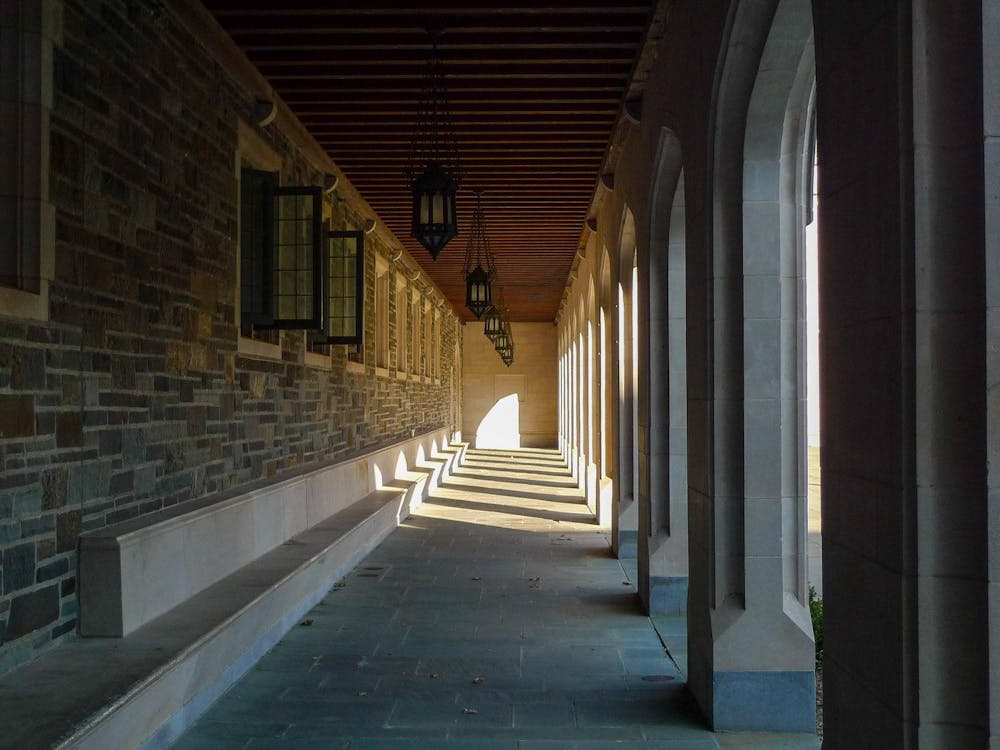According to a recent Daily Princetonian editorial (“No Further Questions,” Sept. 26), “U. administrators have removed any element of dialogue and community input from the [Council of the Princeton University Community’s] meetings.”
This is simply untrue and fundamentally misrepresents both the makeup of the Council and its commitment to robust, in-depth discussion of issues important to the University community.
Since 1970, the Council has served as “a permanent conference of the representatives of all major groups of the University” where, in the words of the committee that proposed its establishment, “they could each raise problems that concern them and … be exposed to each other’s views.”
CPUC’s members include representatives of undergraduate students, graduate students, faculty, administrative staff, professional technical and professional specialists, and alumni. They are not faceless bureaucrats. They are your fellow students and colleagues across campus. You can find your representative on the CPUC website.
And it is misleading to suggest that a requirement to submit in advance for the meeting’s Q&A segment represents a decision “to remove all opportunities for conversation.”
All members of the University have a range of ways to have their voices heard at CPUC.
First, anyone can bring a concern to the Council member who is their representative.
Second, anyone can suggest a topic to be addressed by the Council by emailing Christine Gage, secretary of the Council, at cgage@princeton.edu.

Third, presenters take questions from attendees following presentations to the Council.
Members of the CPUC take seriously their responsibility to represent and give voice to all in the University community.
Deborah Prentice is the Alexander Stewart 1886 Professor of Psychology & Public Affairs and the University Provost. She serves as the chair of the CPUC Executive Committee.









